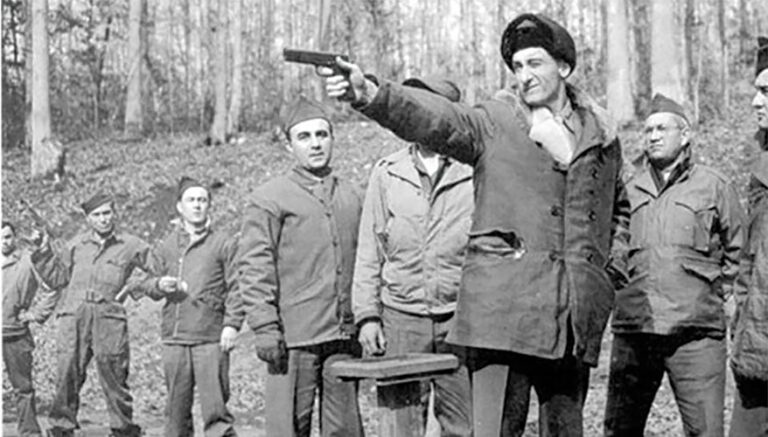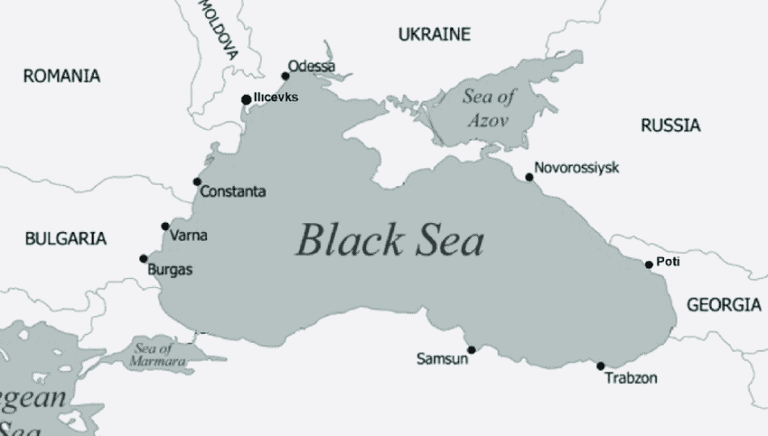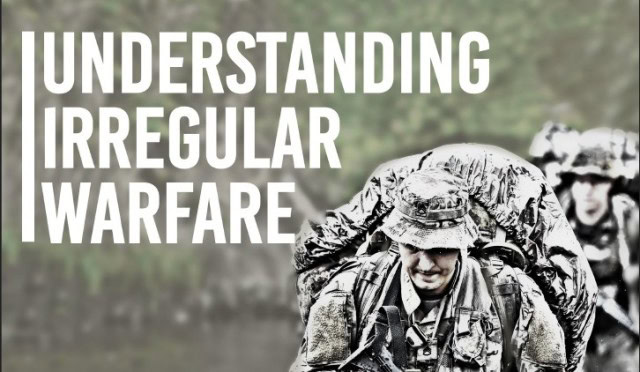News & Briefings
Get the latest news and SOF commentary here. Your source for all news SOF since 2017.

On June 8, 2024, Israeli forces executed a hostage-rescue operation in Nuseirat, central Gaza. The Israeli operation was widely reported to have utilized civilian disguises, with some forces allegedly being transported in civilian vehicles and wearing civilian clothing. In the aftermath, the former Executive Director of Human Rights Watch, Kenneth Roth, contended that these alleged uses of civilian disguises may have violated the laws of perfidy. This contention prompts one to consider the usefulness of disguises in combatting irregular adversaries embedded within civilian areas, and to wonder whether this rescue operation would have been possible without some form of disguise.

n Active Measures, Thomas Rid delivers a meticulously researched and urgent history of political warfare, tracing the evolution of disinformation from early Soviet operations to the digital onslaught of the twenty-first century. He argues that disinformation isn’t new—it’s a refined tool of statecraft. “This modern era of disinformation began in the early 1920s,” Rid writes, as “‘political warfare’ grew and changed in four big waves, each a generation apart” (p. 6). Today, he notes, “private correspondence gets stolen and leaked…,” as influence operations exploit public division (p. 6). As strategic competition shifts toward perception and influence, Rid’s analysis offers essential context for understanding modern conflict.

The Soviet-era bronze statue in Tallinn was relocated long ago, but the cyberattack it precipitated in 2007 has overhauled NATO’s approach to collective security. When Russian-linked hackers debilitated Estonia’s digital infrastructure following riots sparked by the controversial relocation, NATO members were forced to reconcile with the fact that Article 5, the cornerstone of collective defense, was crafted to respond to conventional threats — like tanks rolling over the borders of member states — rather than ambiguous hybrid attacks. But what use was it now against enemies who could use keyboards, ethnic tensions, and commercial vessels as weapons to elicit strategic effect, even without firing a shot?

With the shift of the US strategic focus toward China as America’s main competitor, both the Department of Defense and academic experts have been examining what a war with China would look like. Unfortunately, but not surprisingly, all these analyses overlook one of the most important aspects of such a war: how it would affect the homeland and the US population. The 9/11 attacks demonstrated that the notion that the homeland, protected as it is by two vast oceans, is untouchable is no longer true. If nineteen hijackers with about $500,000 could cause such unimaginable physical and psychological damage, consider what China could do with its vast resources, years of preparation, and deep reach into US society.

Naval Special Warfare operators are working on a short timeline to ensure the rapid integration of equipment and technologies to optimize their capabilities.
Capt. Jared Wyrick, Special Operations Command’s program executive officer for maritime, measures his modernization timeline against the so-called “Davidson Window,” a timeframe named after a 2021 warning by then-Indo-Pacific Command Commander Adm. Philip Davidson, who indicated that the Chinese were on a potential military readiness path to invade Taiwan by 2027.

The Department of Defense (DOD) recognizes two general forms of warfare: conventional and irregular. DOD defines conventional warfare as a violent struggle between nation-states or coalitions, and alliances of nation-states, fought with conventional forces.” It is important to note that as we seek to rebuild our own lethality in conventional warfare, our adversaries will become more likely to emphasize irregular approaches in their competitive strategies to negate our advantages and exploit our disadvantages.
No results found.
Stay Up To Date
Subscribe to Our Newsletter and Stay Up to Date with the Latest SOF News and Events
